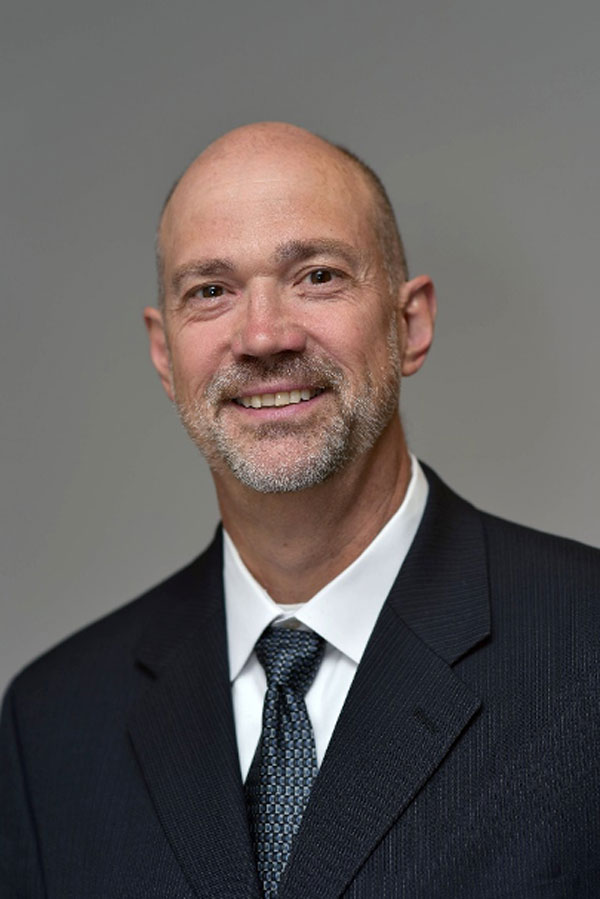Charles “Gus” Potter, a certified health physicist at Sandia, was elected president of the American Academy of Health Physics, an organization that supports certified health physicists and the profession’s certification process.
Gus previously served as the organization’s parliamentarian for three years, and as president, he plans to update and streamline the profession’s recertification process.

Gus is an internationally recognized expert on the measurement and impact assessment of radiation doses to humans. He serves as the vice chairman for the HPSN13 standards committee, which developes radiation protection standards, and participates in three working groups for the International Organization for Standardizations focused on measuring external radiation exposure, radiation exposure through inhalation or ingestion, and also monitoring radiation dose exposure for large groups of people following an adverse event.
At Sandia, Gus studies the effects and consequences of nuclear and radiological terrorism and develops system solutions for national security challenges. He recently worked on a study that considered how emerging technologies may be used to either aid or prevent radiological terrorism. The team compared and ranked technologies based on how they might be used by adversaries to access and steal radiological materials and then considered how they could also help mitigate threats and enhance security.
Gus is the lead author on 17 scientific articles on operational radiation dosimetry, biological research and national security. He is also a fellow of the Health Physics Society and a founding member of the DOE Laboratory Accreditation Program’s Radiobioassay Oversight Board, which reviews all applications to accredit DOE laboratories to test human waste for radiation. He also has worked with the International Atomic Energy Agency and other organizations on radiological security.
Gus is an adjunct professor at the University of New Mexico Department of Nuclear Engineering, where he teaches a graduate-level course on internal radiation dosimetry.
Gus holds a bachelor’s in physics from Trenton State College, now named the College of New Jersey. He received a master’s and doctorate in radiation health from the University of Massachusetts Lowell.
He began his term Jan. 1.